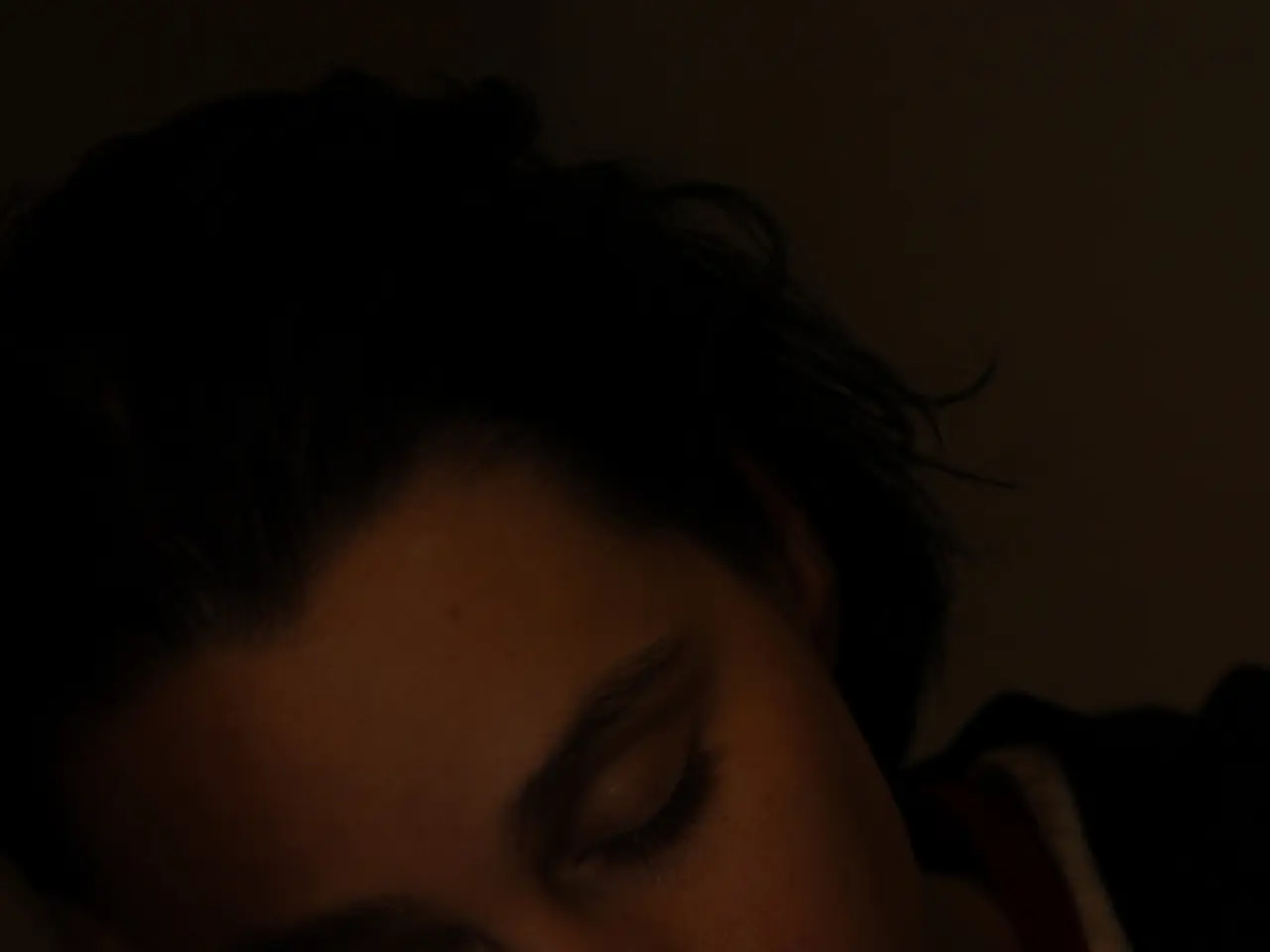Chronotype Impact on Personal Well-being: Early Riser versus Night Person
Chronotype, a term that refers to an individual's natural preference for sleeping and waking at specific times of the day, is influenced by our circadian rhythm. This internal body clock dictates when we feel most alert and productive.
In the human population, chronotypes can be categorized into several groups, each with its own unique sleep-wake preferences and peak productivity times. According to most experts and researchers, there are three main categories: morning types (early birds), evening types (night owls), and intermediate types (neither morning nor evening types). Some research even classifies chronotypes into five groups, from extreme early to extreme late.
- Common Chronotype Categories:
- Morning types (Early birds or Lions): These individuals naturally wake up early and feel most energetic in the morning. They tend to go to sleep early as well.
- Evening types (Night owls or Wolves): These individuals naturally feel alert and energetic later in the day and prefer late bedtimes and wake times.
- Intermediate types (Bears): These individuals follow a cycle more aligned with the sun, with energy peaks during daylight hours and typical sleep-wake times.
- How Chronotypes Affect Sleep Quality:
People who sleep in alignment with their chronotype tend to experience higher sleep quality, falling asleep faster, fewer awakenings, and deeper sleep cycles. Conversely, misalignment (e.g., a night owl forced to wake early) often results in poorer sleep quality, difficulty falling asleep, and more daytime fatigue.
- Impact on Mood and Productivity:
Aligning schedules with chronotype can enhance daytime alertness, concentration, creativity, and overall productivity. Conversely, forcing schedules that contradict one's chronotype can contribute to mood disturbances like irritability or depressive symptoms.
- Influence on Overall Health:
Chronic misalignment between chronotype and social or work demands (called social jetlag) is linked with negative health outcomes, including increased risks for metabolic disorders, cardiovascular disease, and mental health issues. Early chronotypes often have better overall health markers, although genetics, age, and lifestyle also play significant roles.
- Underlying Factors:
Chronotypes are influenced by genetics, age (young people tend to shift later in adolescence then earlier as adults), and environmental factors like light exposure and social schedules.
- The 'Dolphin' Group:
Approximately 15% of the population falls into the 'Dolphin' group, characterized by trouble following a sleep schedule, insomnia, and peak productivity between 10 am and 2 pm.
Optimizing daily routines according to one's chronotype can improve overall health and wellness. This includes scheduling exercise during peak energy times, optimizing light exposure in the morning, being consistent with sleep schedules, setting up social plans according to one's sleep schedule, and adjusting work schedules to match peak productivity times if possible.
A study of nearly 74,000 older adults reports that people who regularly go to sleep late, regardless of their chronotype, have higher rates of mental health disorders, including anxiety and depression. Knowing one's peak times for sleep and productivity can influence when or how certain activities are done, such as exercise, sleep, socialization, and work.
In conclusion, understanding and respecting one’s chronotype can reduce stress on the body’s circadian system and improve long-term well-being. Socialization can help with sleep, regardless of the time of day, and should be scheduled according to one's sleep schedule.
- Recognizing the connection between chronotype and mental health, a study of over 74,000 older adults found that those who consistently go to bed late, regardless of their chronotype, have higher rates of mental health disorders like anxiety and depression.
- Utilizing education and self-development resources about sleep, health-and-wellness, and personal-growth can help individuals understand the importance of aligning their sleep schedules with their chronotypes to improve mental health and overall well-being.
- In the realm of science, ongoing research explores the link between chronotypes, sleep quality, and mental health, offering valuable insights for health-and-wellness professionals and individuals seeking to optimize their personal-growth and productivity.




